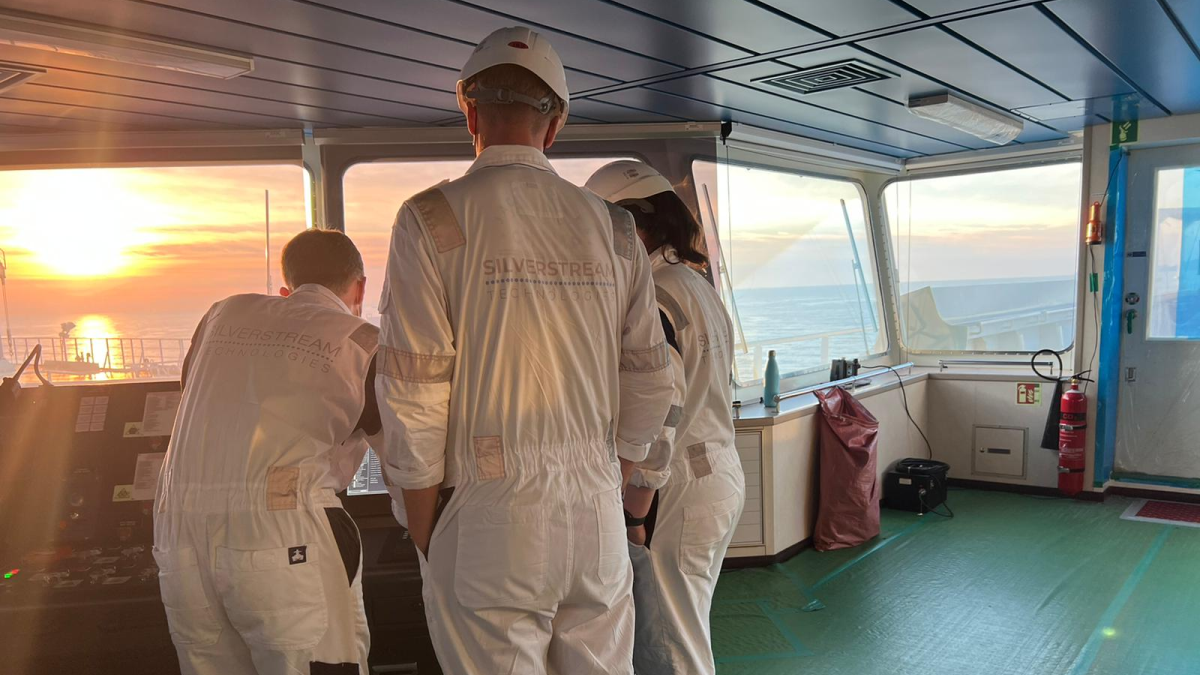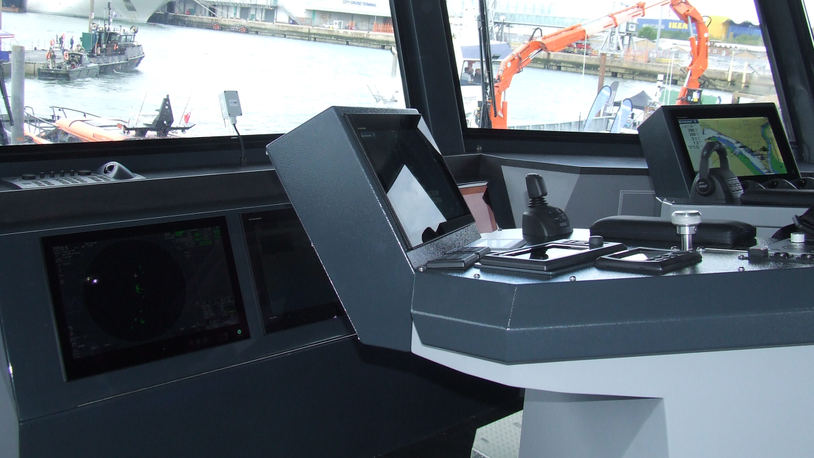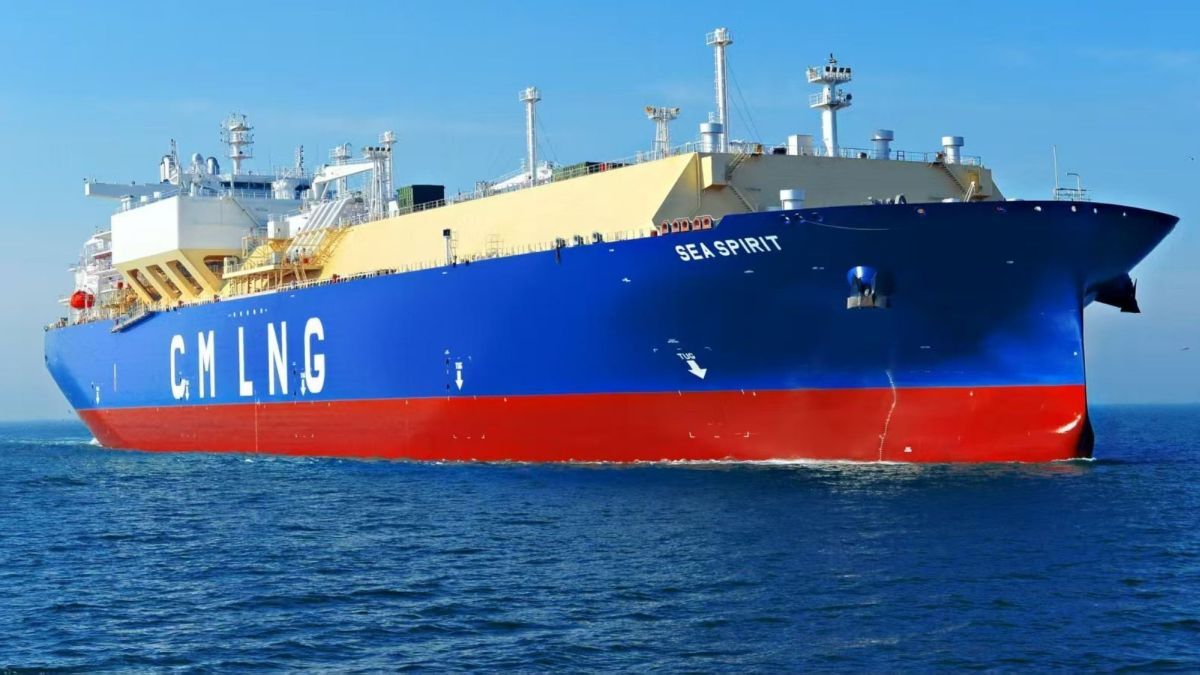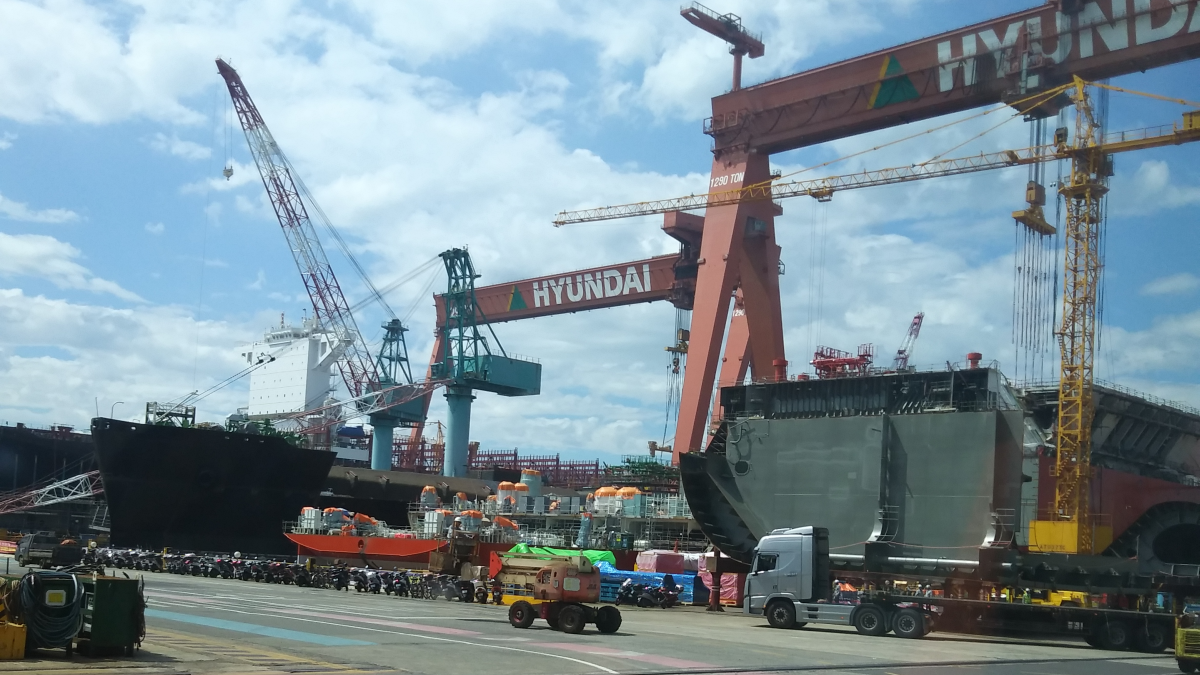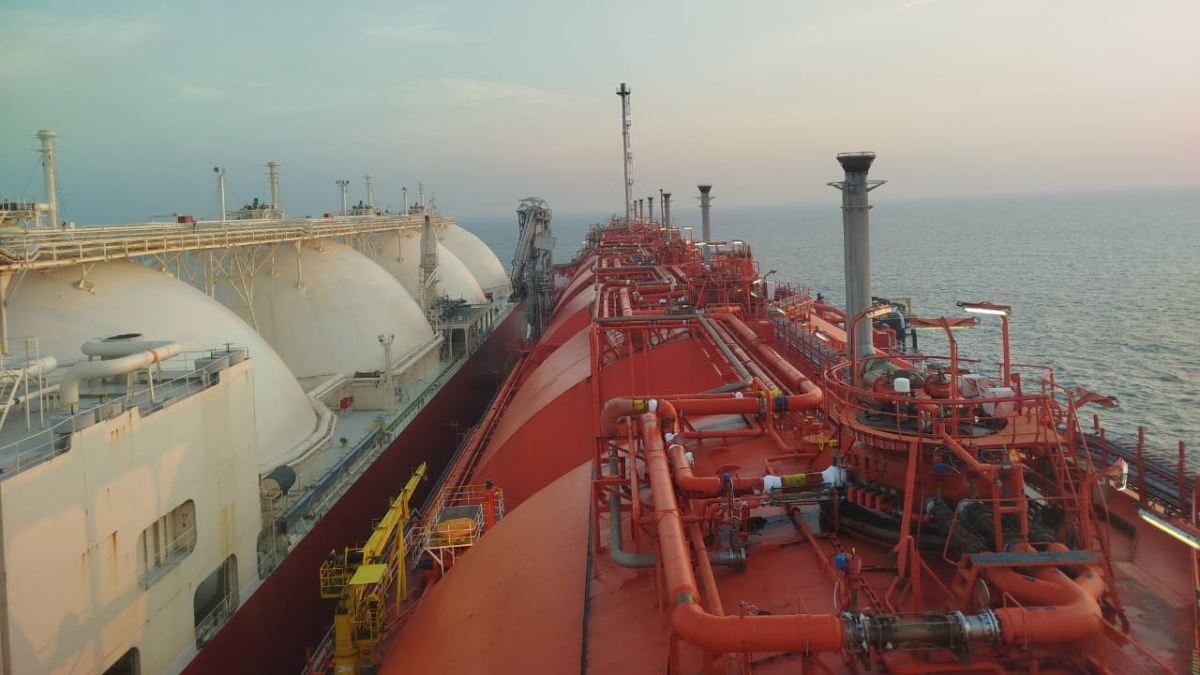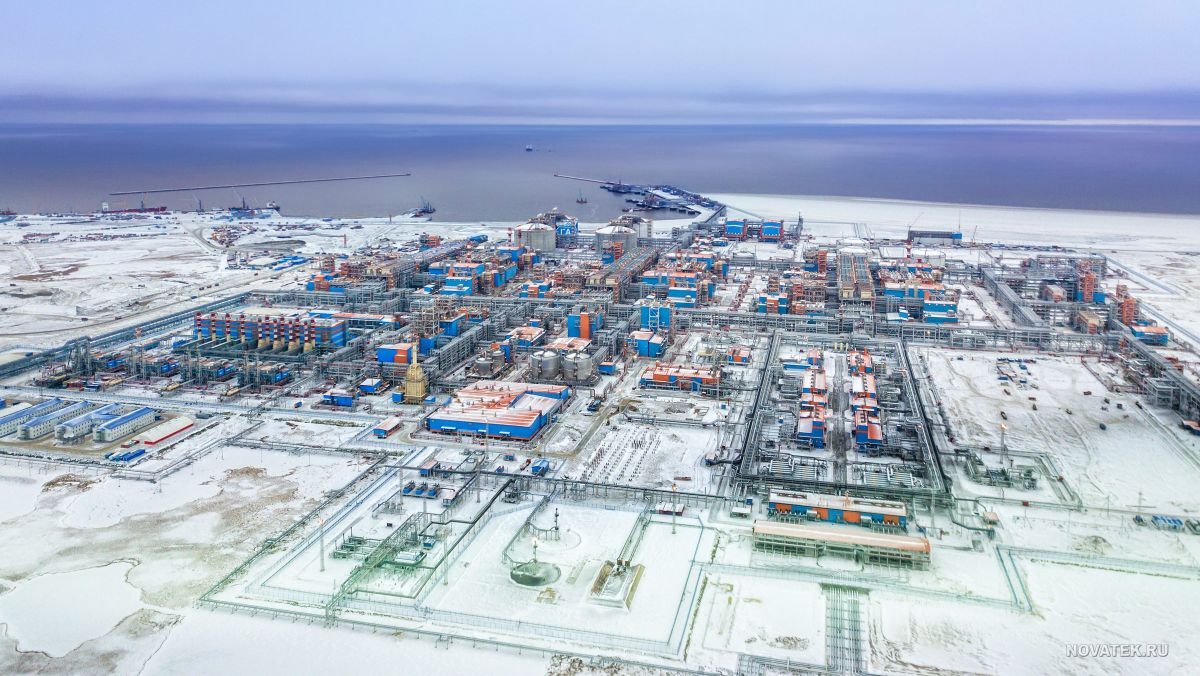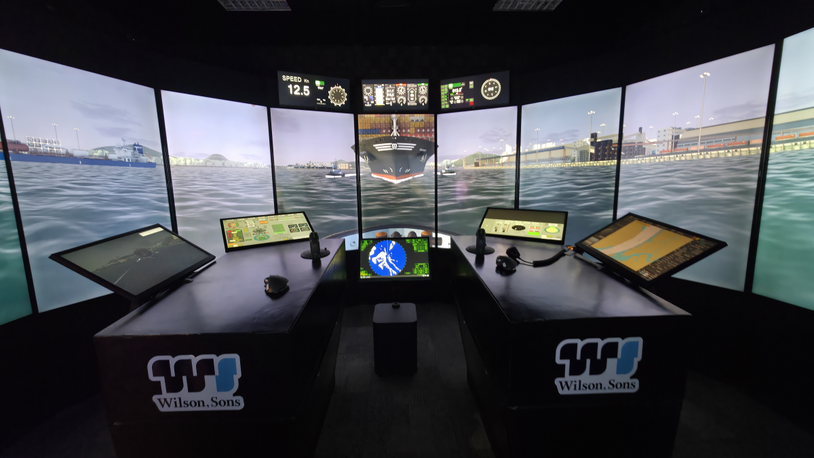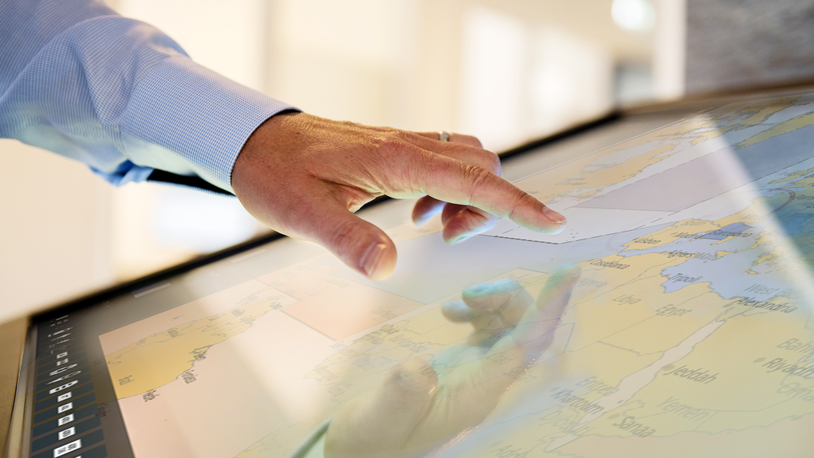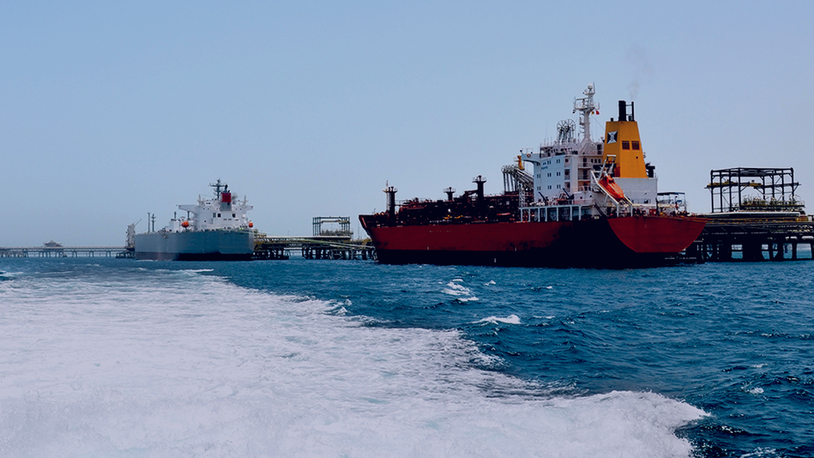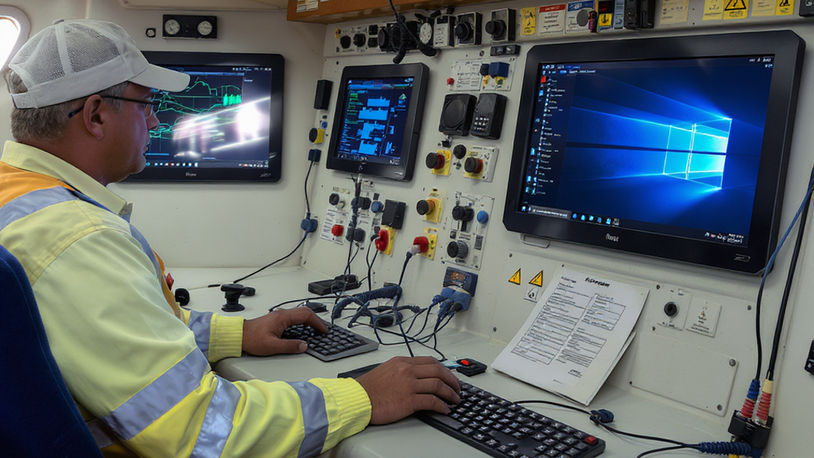Business Sectors
Events
Contents
Register to read more articles.
Data analytics, artificial intelligence drive decarbonisation
Shipowners, operators and managers recognise the importance of data and are embracing digitalisation, but what else is coming along on the digital voyage?
Maritime’s increasing focus on data and the recent increase in digital solutions underline a shift from seeing data as ‘nice to have’ to recognising it as a vital catalyst for driving industry transformation.
“It is truly becoming a driving force behind both the industry’s digital transformation and its decarbonisation agenda,” said Silverstream Technologies chief digital and information officer Nick Chrissos.
“We are moving from an era where data was collected and stored passively, often leading to valuable insights being missed or forgotten, to a phase where data is being proactively used to inform business decisions and strategies.”
Silverstream is evolving how data is used within its business to move the maritime clean technology market onwards. From its data analytics, the company understands its air lubrication system delivers fuel efficiencies and reduces carbon emissions across every vessel it is installed on.
“It is important to accurately calculate, measure and report the precise efficiency level and decarbonisation impact,” said Mr Chrissos. “Consequently, monitoring and measuring performance data, as well as system health, will be an integral component of the system in the near future.”
Integrating an air lubrication system within the vessel’s ecosystem also provides insights into a ship’s hydrodynamic performance.
“We can harness data from this system, as well as multiple sensors around the vessel, to gain an indepth understanding of air lubrication technology and identify factors that could influence the system’s performance and optimise the ship’s overall operations,” said Mr Chrissos.
When clean technologies are deeply integrated into a vessel, there is potential for identifying and unlocking efficiencies that others may not even know exist.
“In other words, they become active and intelligent solutions to maximise the performance of a ship,” Mr Chrissos continued.
Data can be used by clean technology manufacturers to raise both the floor and ceiling of fuel-saving potential. They will learn and respond to their environment and operate in a way that ensures maximum efficiencies.
“This is an exciting future, but it does require two shifts in perception from the industry,” he explained.
“First, we must become acquainted with digital systems and artificial intelligence taking on some of the active decision-making on some tactical elements of ship operation.”
These systems and algorithms will drive vessel efficiency, optimise navigation and automate berthing are already at the point where they use more information than a human can process.
“Optimising clean technologies even further will require trust in the machine learning (and soon to be artificial intelligence) systems that underpin them,” said Mr Chrissos.
“Secondly, and perhaps more importantly, shipowners and operators will have to change their perceptions of what clean technology can offer.”
Currently, technology – whether physical or digital, traditional or innovative – is generally seen as a means to fulfil the requirements of today, not to anticipate the future.
“We must be ready to embrace the new revolution that data and digitalisation is enabling in the maritime clean technology market,” said Mr Chrissos.
Adding a digital layer to physical systems will cement their position as long-term drivers of operational change.
Riviera Maritime Media’s Maritime Decarbonisation Conference, Asia will be held in Singapore, 3-4 April 2024. Use this link for more information and to secure your place at the highly anticipated conference
Related to this Story
Events
Offshore Support Journal Conference, Americas 2025
LNG Shipping & Terminals Conference 2025
Vessel Optimisation Webinar Week
© 2024 Riviera Maritime Media Ltd.


